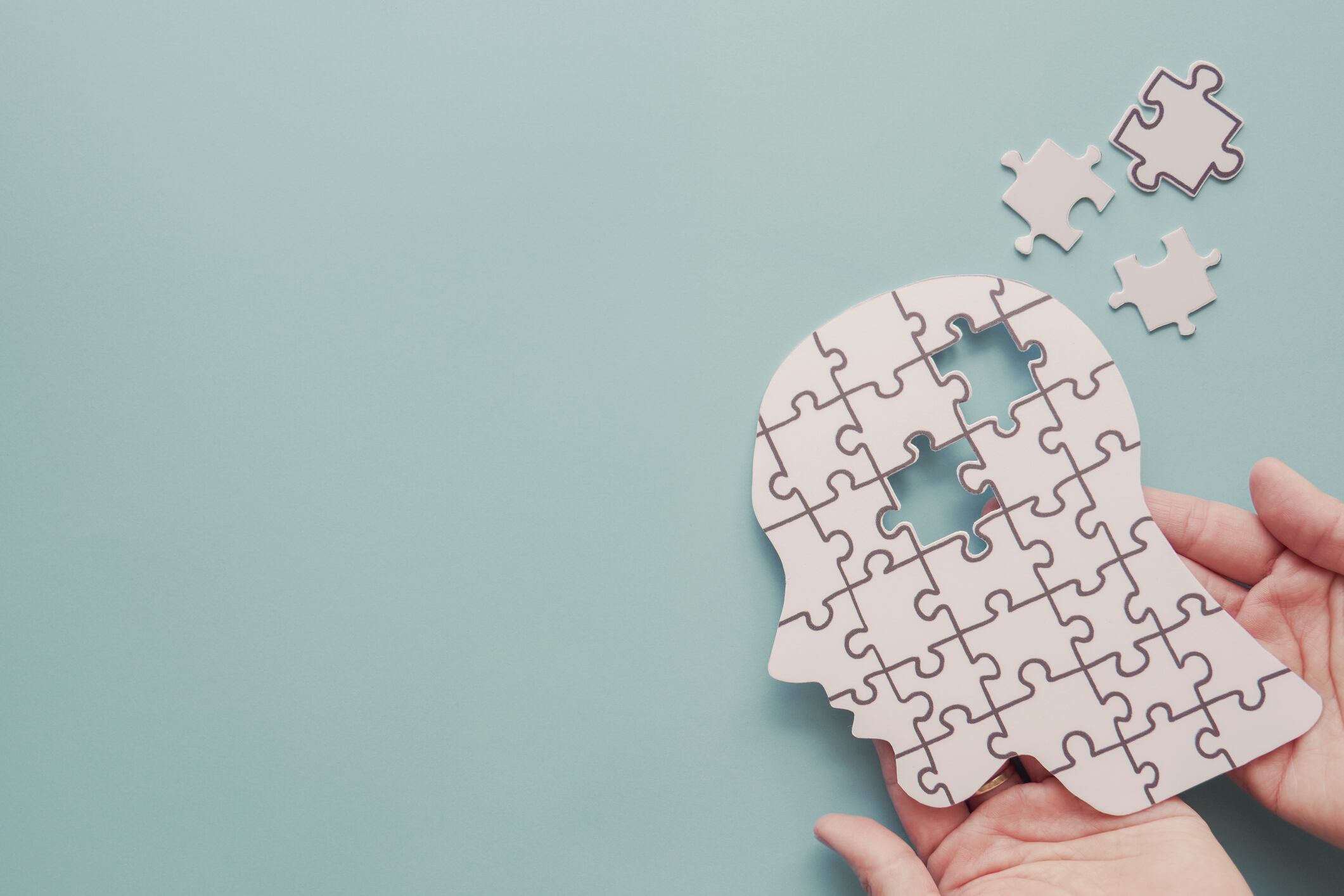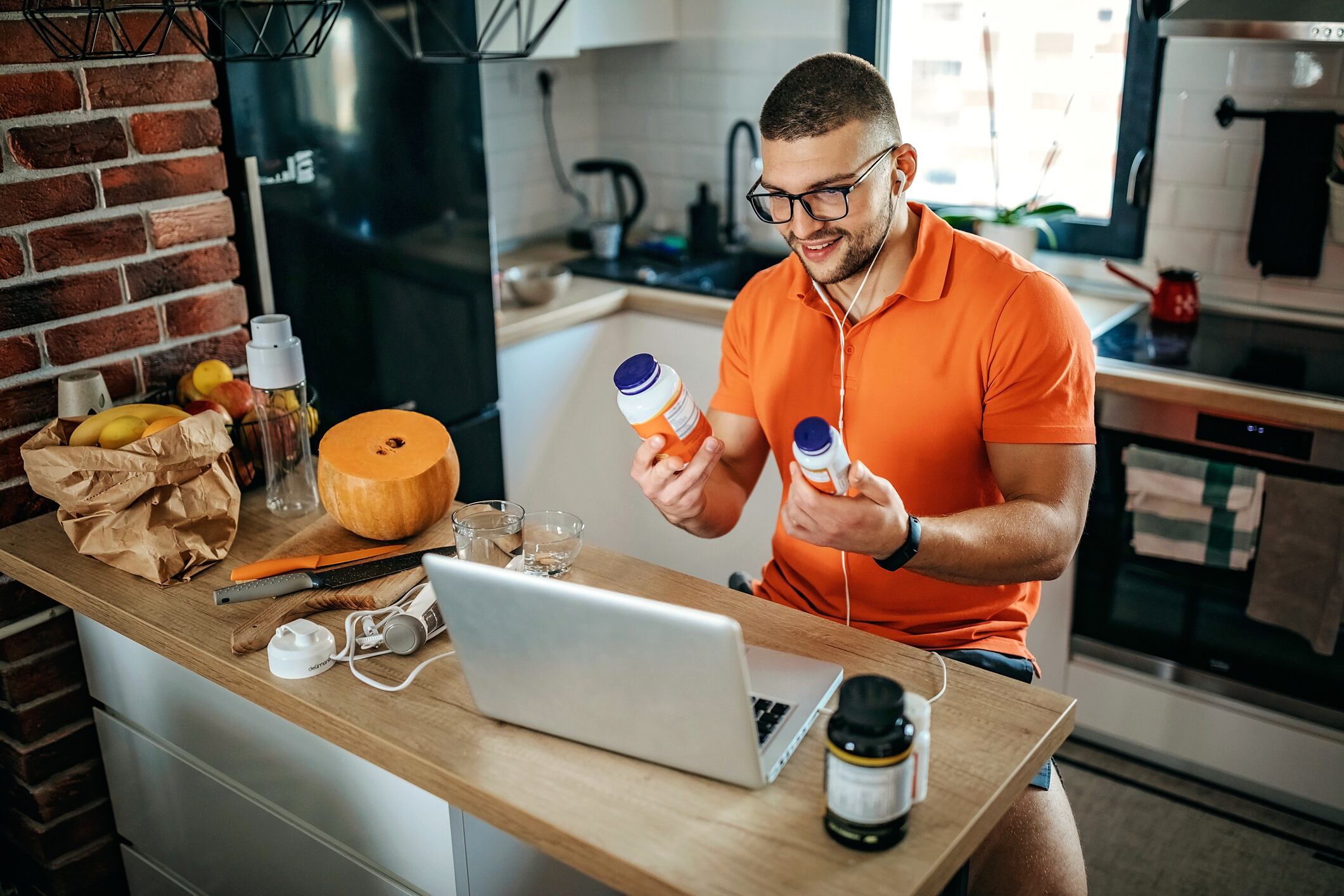As detailed in its recent U.S. Managing Stress and Well-being Market Report, 68% of American consumers reported experiencing mental health challenges in 2025, reflecting the scale and urgency of stress-related concerns and well-being.
The data, based on quantitative research, including an online survey of 2,000 U.S. adults, was collected using nationally representative sampling methods in partnership with Kantar Profiles/Mintel, ensuring demographic and behavioral diversity.
Within this broad concern of well-being, Mintel’s findings highlighted a persistent gender divide in how stress is experienced, expressed and managed, revealing a grey area in the nutrition and dietary supplement market that brands could be well-positioned to address.
Women report more stress, men favor performance-oriented products
Mintel’s data showed that women are more likely to report frequent stress and clinical symptoms, while men are more likely to rate their mental health positively.
According to the report:
- 17% of women report feeling overwhelmed by mental strain or stress every day, compared 13% of men
- 17% of women say their mental health has worsened compared to a year ago, compared to 14% of men
- 19% of women report experiencing clinical depression, compared to 16% of men
- 37% of men describe the current state of their mental health and well-being as very good, compared to 29% of women
Overall, 71% of women surveyed reported that they experience mental health conditions, versus 65% of men. In this regard, “gender disparities often reflect cultural norms, stigmas and differing health communication styles,” David Hamlette, research analyst, health and well-being at Mintel and author of the report, told NutraIngredients USA.
He added that “women tend to be more open about mental health challenges and more proactive in seeking wellness solutions, which explains their higher reported stress and supplement use.”
In contrast, Hamlette said men “may underreport symptoms or prioritize performance-based outcomes,” such as focus or energy, likely just based on different stigmas around mental health and societal perceptions of what masculinity looks like in a conversation around portrayals of emotions.”
According to Mintel, these behavioral differences present opportunities for brands to tailor product positioning, including messaging, formats and benefits—for example, framing stress support for men around productivity or performance, while offering calming, self-care-oriented solutions for women.
Clean-label and natural trends gain ground
Overall, 33% of consumers surveyed reported they use food, beverages or supplements to manage stress, with increasing preference for clean-label, plant-based options like “teas, botanicals, and adaptogens, that address multiple needs, including stress, sleep, energy, focus and mood balance,” Hamlette said.
This trend is reflected across age demographics. As noted in the report, younger adults (18-34) are more likely to use nutrition (39%) and personal care (39%) for stress relief, while older adults (55+) prefer physical activity (40%) and household chores.
“For younger consumers, food, drinks and personal care products infused with functional ingredients like adaptogens or botanicals are particularly appealing, turning everyday habits into moments of intentional self-care,” Hamlet said. “Older demographics often look for holistic approaches, such as sleep aids or home-based stress relief, to simplify their lives and maintain balance.”
In terms of ingredients, Hamlette identified adaptogens, magnesium, ginseng, goji berries, lion’s mane mushrooms, schisandra, Bai Shao and vitamin D as popular choices for consumers, particularly “for their mood-enhancing and stress-relieving properties [which] align with the growing preference for clean, non-toxic and holistic health solutions.”
As for product formats, he noted that “teas and functional beverages lead as the top choice for stress relief, favored by more than half of consumers,” followed by capsules, powders and rapidly growing interest in gummies, particularly among younger users.
Inclusive innovation is key to future growth
The report underscored the importance of inclusive, identity-aware wellness solutions.
With the majority of consumers experiencing stress-related challenges but responding in deeply personal ways, the next phase of innovation will require a transition from generic to genuinely individualized offerings.
“As the focus shifts towards individuality, the ‘one-size-fits-all’ approach is becoming less effective,” Hamlette said.
“To resonate with diverse audiences, brands must authentically and inclusively address different life experiences, considering factors such as gender, race and sexuality. The future of wellness lies in embracing personalization and diversity with sensitivity and intention.”





